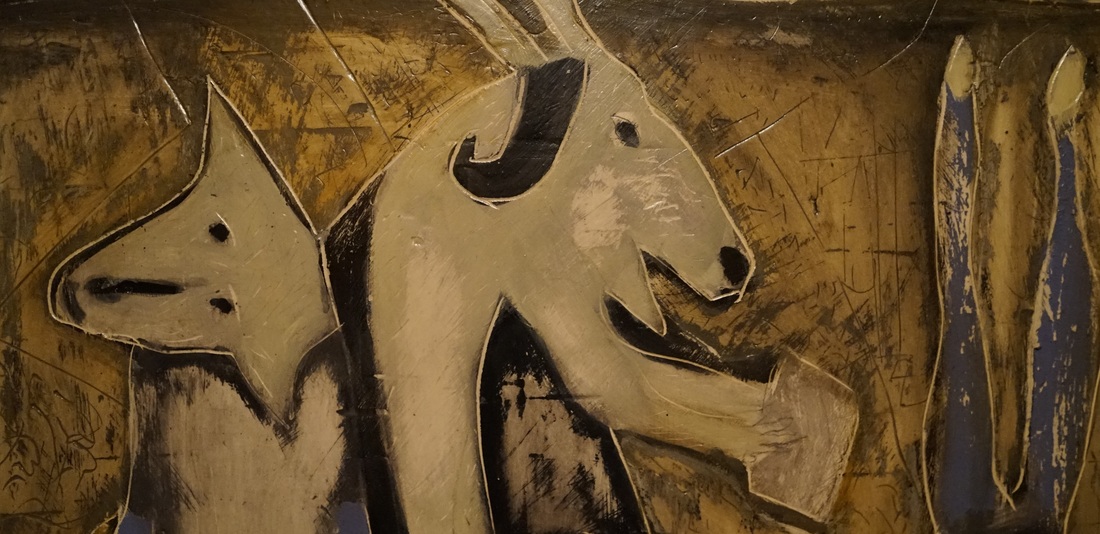|
UNICORNS ARE STARTUP COMPANIES that have yet to perform (generate revenues) to their assumed potential but already carry valuations in excess of $1.0 billion dollars. The designation came about when the Unicorns were rare as a way to acknowledge (and romanticize) their unique status.
Unicorns are no longer rare. In 2015, it was estimated that there were 80 startups with $1.0 billion valuations. In January of this year, the estimate had climbed to 229. Combined, these 229 companies had raised $175 billion in funding and had an aggregate paper valuation of $1.3 trillion. Twenty-one of these had startup valuations of $10 billion or more. If you are struggling to raise venture capital for your company, Unicorns can point you to why you may be having problems. They are a result of what industry players refer to as the barbell. Simply put, the image of a barbell with its two weighted ends and thin bar of the barbell reflects the reality of fundraising by venture capital firms in the last decade. The money flowing into venture funds is going disproportionately into fewer, larger funds that make later stage investments and investors in early stage investments. Much of the latter group consist of individual angel investors. The bar in the middle is where money is not freely flowing – into funds that bridge the gap between startups and later stage investors. The Unicorn investors come from the big funds fueled by this barbell investing craze that sees limited partner investors (the institutions that invest in venture funds) investing in ‘big brand name’ funds. These big funds, when they do invest in early stage companies, have to put big amounts of money into play to justify their involvement. Which means they look for industry shattering ideas. When their portfolio companies spend their first money, they reinvest at higher valuations, sometimes with new investor partners. Before you know it, big idea companies with little or no revenue, by virtue of their multiple repriced rounds, have billion-dollar paper valuations. If you read my last posting, you may remember the serial entrepreneur and venture investor who is leading his newest company and his company about how difficult he was finding the current venture investment market. He is a proven commodity with a promising business and he is having trouble raising expansion capital. You may be having issues as well in a fundraising market you thought you understood. Unicorns aren’t the cause but they are a reflection of how the venture industry has changed. Their rise tells us that the venture industry we thought we knew has changed. Maybe your fundraising approach should as well. The venture moola blog comes to you from Atlanta, Georgia. Find it at readjanus.com. Copyright Clinton Richardson.
Ed Cordell
6/21/2016 04:54:25 pm
Business, and the investment climate, cycles. Of course all venture inventors would love to find a unicorn. So would the entrepreneurs. Is it possible that the current proliferations of unicorns is another cycle like we saw in the last 1990s with the dot com bubble? Comments are closed.
|
the blog
Travel, history, and business with original photos.
your hostClinton Richardson - author, photographer, business advisor, traveler. Categories
All
Archives
July 2023
Follow us on Facebook
|
Check out Ancient Selfies a 2017 International Book Awards Finalist in History and 2018 eLit Awards Gold Medal Winner and
Passports in his Underpants - A Planet Friendly Photo Safari a 2020 Readers' Favorite Winner in Nonfiction
Site Copyright 2024 by Clinton Richardson

 RSS Feed
RSS Feed